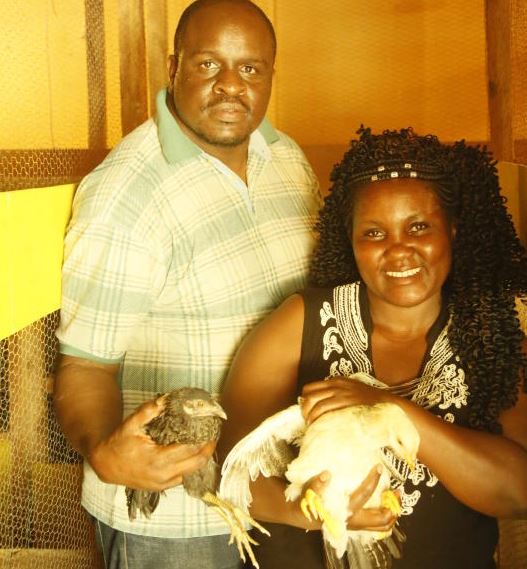×
The Standard e-Paper
Home To Bold Columnists

Farming involves a lot of toiling with no guarantee of profits. Breaking even may take years and several false starts. But with consistency and determination, you reap the fruits.
Andrew Makatiani and his wife Lilian Serenge — who run Lianfam Africa Ltd in Musonga village, Kakamega county — have seen it all in poultry business and having persevered, they made their first million shilling. And as they share with Smart Harvest, it has not been a walk in the park.